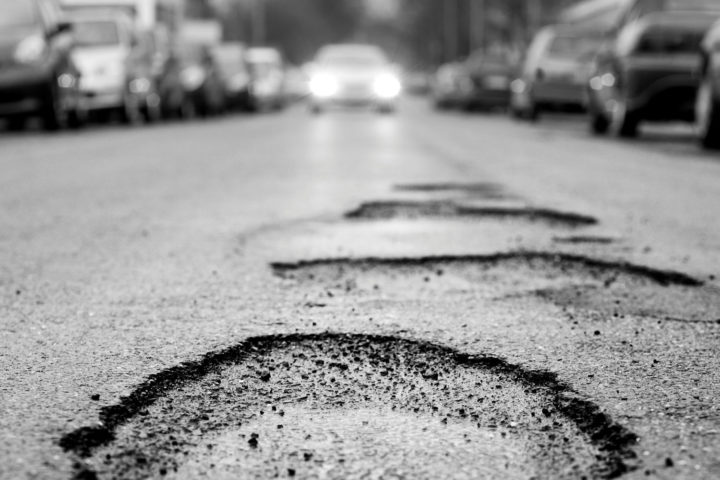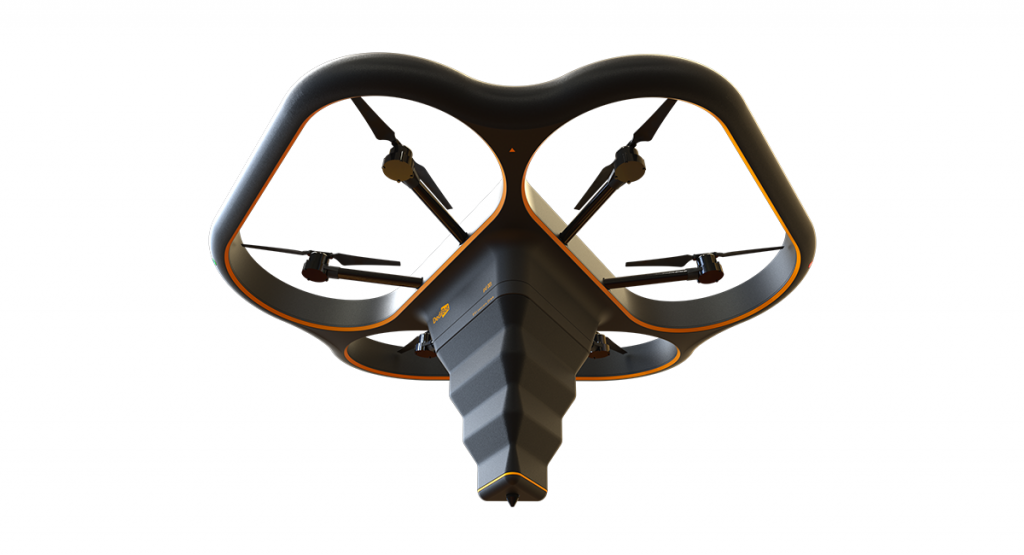The University of Leeds is pioneering a £4.2 million national infrastructure research project that will use tarmac 3D printing robots to repair potholes and cracks.
These robots will be both aerial and ground-based in order to thoroughly inspect and identify damaged areas on roads in the UK.
As part of a visionary project to create “Self Repairing Cities”, the University of Leeds has formed a research consortium for the project which includes engineers and faculty from University College London (UCL), the University of Southampton and the University of Birmingham.
The project’s teams are currently halfway through the five-year plan which will use the county of Yorkshire as its test-bed.
Speaking in an article for the Financial Times Mark Miodowink, Professor of Materials and Society at UCL stated:
“Our idea is that when these small cracks happen we want to be able to see them – a drone flying around the road network would see them – and another drone would land and repair them.”

Robot fixers save the cities
With a long backlog of repairs for its road network and annual maintenance fees crossing over £10 million, Leeds City Council became a part of the university-led project to find cost-effective and long-lasting solutions for its infrastructure.
Professor Phil Purnell, from School of Civil Engineering, is leading the research team. At the start of the project in 2015, Purenell stated:
“We want to make Leeds the first city in the world to have zero disruption from street works.”
Dubbed by the universities as ‘robot fixers’, this project will use an unmanned ground vehicle (UGV) to survey the city’s infrastructure in the hopes to identify potholes and hazardous cracks at an early stage. The information gathered by the UGV will then be relayed to the robot fixer – a UGV with 3D printing capabilities – that will locate and precisely fill and repair the area.
Researchers working on the project aim to deploy the robots during the night as to avoid heavy amounts of traffic.
Repairing road damages at an early stage using this method will minimize road congestion as well as costs of road closures and manual labour.
During his research, Professor Miodowink has seen further potential for this project concerning the aerial drones.
“We are making good progress but what has already become clear is that we need not be confined to repairing roads. Our 3D printing systems fit on a drone too, so using tar to repair flat roofs and other hard-to-access infrastructure is also possible.”
Construction and autonomous technology
This project is not the first to delve into 3D printing with construction-based materials. China-based additive manufacturing company, Dedibot, debuted its drone operated unlimited scale cement 3D printer, the Elephant Fly, earlier this year at TCT Asia 2018.

Also proving the possibilities for 3D printed construction through autonomous technologies is Advanced Paving Technologies, a civil engineering company who have been developing what they call the world’s first 3D asphalt paving machine.
The University of Leeds’ collaborative project to create Self Repairing Cities is funded by the Engineering and Physical Sciences Research Council (EPSRC).
Keep up with the latest innovations in additive manufacturing as they happen. Subscribe to the 3D Printing Industry newsletter, follow us on Twitter, and like us on Facebook.
Looking for a change of pace or seeking new talent? Search and post 3D Printing Jobs for opportunities and new talent across engineering, marketing, sales and more.
Featured image shows the city of Leeds. Photo via Leeds City Council.

